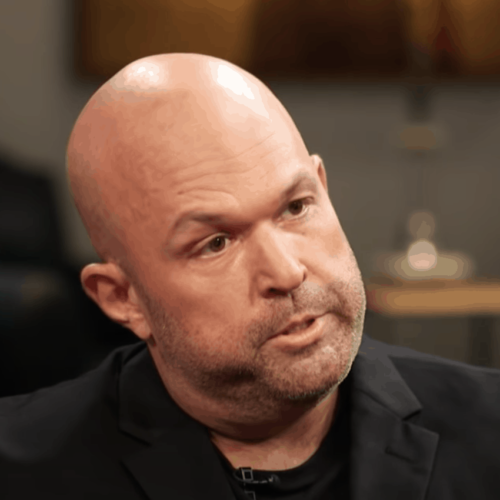In fact, climate change does not endanger the survival of civilization or the habitability of the planet. So-called climate solutions are bureaucratic power grabs and corporate welfare schemes with no detectable climate-related benefits.
The Competitive Enterprise Institute offers a realistic policy alternative to both catastrophism and denialism to policy makers and the public that preserves our climate and allows for abundant energy and economic development.
Featured Posts

Blog
House GOP prepares CRA resolutions against Biden climate-risk rules, including SEC climate disclosure rule
Members of the House Financial Services Committee have passed four Congressional Review Act (CRA) resolutions targeting four Biden-era climate-risk rulemakings. Among these is a…

Blog
Myths and facts about the PROVE IT Act
Myth: Supporting the PROVE IT Act (S. 1863) does not mean support for carbon taxes.Fact: Many bill supporters readily acknowledge that it will…

Blog
Why the PROVE IT Act would result in carbon taxes
The PROVE IT Act (S. 1863) is not a benign information collection bill on the carbon intensity of domestic and foreign goods. Instead, it…
Search Posts
Newsletter
Vol. I, No. 10
Politics U.S. Position Revealed On October 22, after months of speculation, the Clinton Administration finally announced its official negotiating position for the upcoming climate change…
News Release
Clinton Climate Proposal – All Pain, No Gain
WASHINGTON, DC, October 22 , 1997 — President Clinton’s long awaited announcement today that he will officially propose reducing greenhouse gas emissions to…
Newsletter
Vol. I, No. 9
Politics White House Climate Change Conference On October 6, 1997 the White House hosted a conference at Georgetown to “educate” the American people about the…
News Release
Kyoto Media Advisory: December 9, 1997
Anticipation Builds for Kyoto Finale The mood of the climate conference turned positively euphoric with US lead negotiator Stu Eisenstat’s proposal to create…
News Release
Kyoto Media Advisory: December 6-7, 1997
UN Corruption Exposed in Kyoto P.J.O`Rourke suggests that everybody wants to save the planet; nobody wants to help wash the dishes. UN employees…
News Release
Institute Founder To Testify Before House Subcommittee On Energy And Environment
WASHINGTON, DC, October 6, 1997 — Competitive Enterprise Institute announced today that its president and founder, Fred L. Smith, Jr. will testify before the…
Staff & Scholars

Daren Bakst
Director of the Center for Energy and Environment and Senior Fellow
- Climate
- Energy and Environment

Sam Kazman
Counsel Emeritus
- Antitrust
- Automobiles and Roads
- Banking and Finance

Marlo Lewis, Jr.
Senior Fellow
- Climate
- Energy
- Energy and Environment

Ben Lieberman
Senior Fellow
- Climate
- Energy
- Energy and Environment

Fred L. Smith, Jr.
Founder; Chairman Emeritus
- Automobiles and Roads
- Aviation
- Business and Government

Kevin D. Williamson
Writer in Residence
- Climate
- Energy and Environment